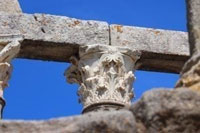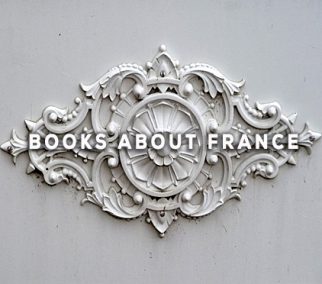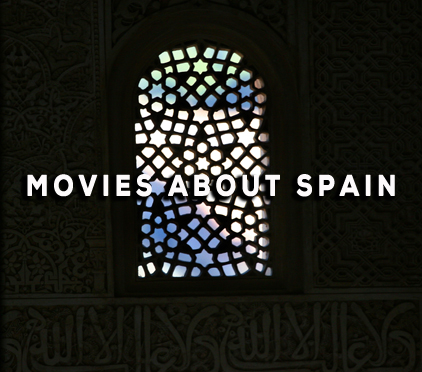Books To Read Before You Bike Portugal

Grab a comfy spot and curl up with some good reads on Portugal before you visit us and cycle this amazing country!
1) Classic Books on Portugal
Portugal’s best known writer is José Saramago who was awarded the 1998 Nobel Prize for literature. Although a controversial writer amongst his more traditional Roman Catholic countrymen and women, due to his 1991 novel The Gospel according to Jesus Christ, (which portrayed Jesus as a mere human), he is still well read in his home country. Although living in a self imposed exile in Lanzarote, he was very prolific and as well a serious political activist and journalist. His novels though take the angle many times of some fantastic scenarios, but are not necessarily easy reading. Not so much that his subject matter is boring but more so that he writes (like many of us!) without punctuation causing sentences to be pages long. Whilst his book, “Journey to Portugal” is perhaps not one of his best books (the love story, “Baltazar and Blimunda” is one of his most famous) as it is a little slow going, it still is good to get to know this Portuguese’s home. If you are a fan, whilst in Lisbon you might like to visit the Fundacao – Casa Dos Bicos, Rua dos Bacalhoeiros, 10 (near the central square and edge of Alfama, the building with the “hives”) www.josesaramago.org
2) Books on Modern Day Portugal
For a very good view of the country, Marion Kaplan’s “The Portuguese: The land and its People” is a readable history / sociological look at the many centuries of Portuguese achievement and history. It is a great overview in a flowing style that doesn’t get bogged down in numbers and dates.
A modern day read is High Mountains of Portugal by Canadian Yann Martel. It is a complex haunting road trip through Portugal of a Canadian drawn back to his homeland in strange circumstances.
3) Books on Portugal’s War Years and Intrigue
For a good holiday novel, ditch the John le Carré and pick up Robert Wilson’s “A Small Death in Lisbon” about a murder of a young girl in Lisbon that takes the reader back generations to a World War II. Set in Lisbon it carries the reader to Portugal’s present day problems. A fast paced book, which acquaints you with everything from the Salazar dictatorship days to the Alfama districts back street hang outs. Another WWII based story is by Erich Maria Remarque, The Night in Lisbon, about a refugee´s story, or even The Lisbon Route: Entry and Escape in Nazi Europe by Ronald Weber are two other more informative but readable texts on this era .
Going back not to World War II but to the Napoleonic war is the excellent and thought provoking, “Empire Adrift – the Portuguese Court in Rio de Janeiro by Patrick Wilcken. Imagine, it is 1807 and Napoleon has fought his way into Lisbon and the royal family flees, the boat sailing into the horizon as the French arrive at the Port, now scattered with palace furniture, clothes and other valuables. The truth can be very much stranger than fiction sometimes. A fascinating look at how the Portuguese Royal Court was set up in Brazil, now the “motherland” with Portugal itself becoming the “colony”. A great glimpse at a much forgotten page of the 13 years of rule abroad in Portugal’s tumultuous history!
4) Books on Portugal’s Medieval and Roman History
Going back in history is Over the Edge of the World: Magellan’s Terrifying Circumnavigation of the Globe-Laurence Bergreen. Magellan’s amazing voyage!
Another very good historical fiction read that has a beautifully crafted prose is Mario de Carvalho’s “A God Strolling in the Cool of An Evening”. It is about a magistrate in Roman run “Lusitania” dealing with the many issues of the day from incursions of the Moors to his love for a Christian woman in quite unsettled times.
Don´t pass up the excellent and readable book that highlights the Jewish community prior to the Inquisition in Lisbon and Portugal. The very excellent: “The Last Kabbalist of Lisbon” by Richard Zimler is an exciting story. This fictional tale is an almost medieval murder mystery that highlights the persecution of the “New Christians” and Jews in Portugal and Spain in the 16th century. Many of the scenes take place in areas you will see walking around Lisbon.



